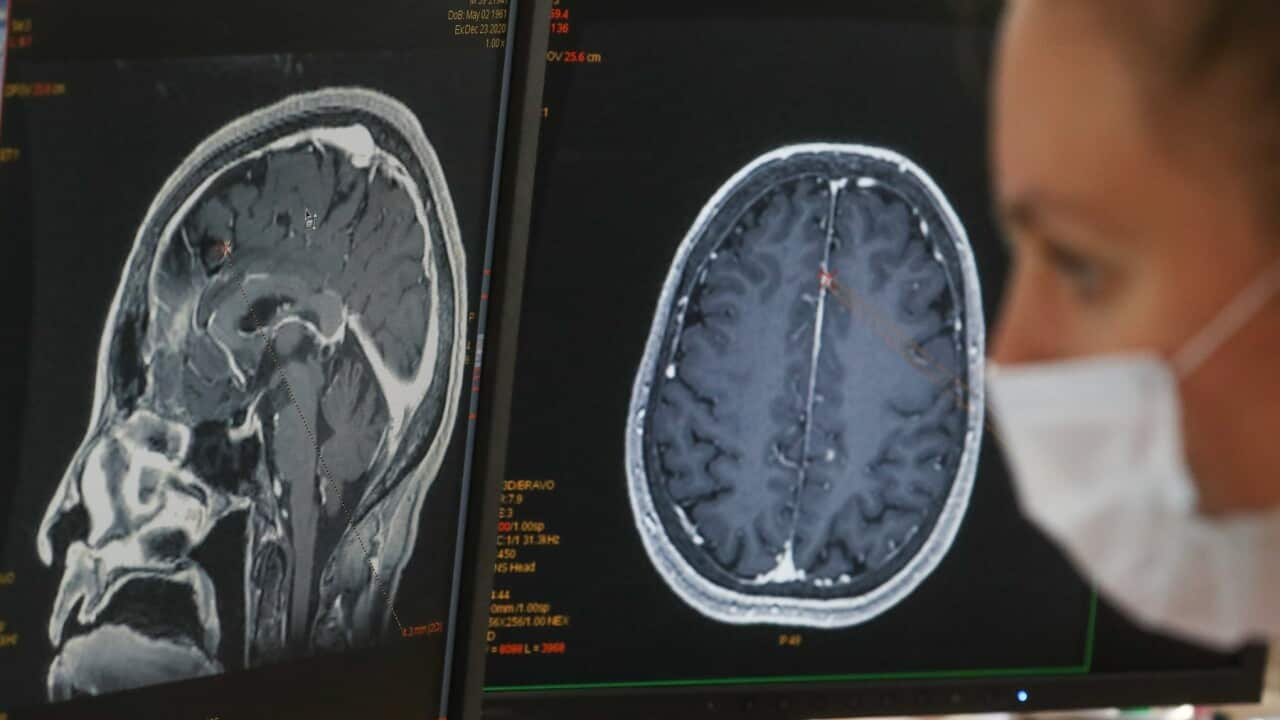TLR7 is programmed to help the immune system guard against viral infections, but in its mutated form it can become aggressive and cause the immune system to attack healthy cells.
The discovery, made by an international team of scientists, could pave the way for new and more effective treatments for lupus, but without the side-effects associated with current therapies.
Current treatments often leave patients more susceptible to infection and can also lower the patient's quality of life. The research is published in Nature.
"This is the first time scientists have shown a genetic variation of the TLR7 gene to be a driver of autoimmune disease," senior author Dr Vicki Athanasopoulos, from the ANU John Curtin School of Medical Research (JCSMR), said.
"This raises the exciting possibility of developing new drugs targeting TLR7, potentially revolutionising treatments for lupus."
There is currently no cure for lupus, a disease that is estimated to affect nine times more women than men. Symptoms can vary from mild to severe and can include inflammation in organs and joints, impacted movement, skin rashes and fatigue. In extreme cases, complications can be fatal.







